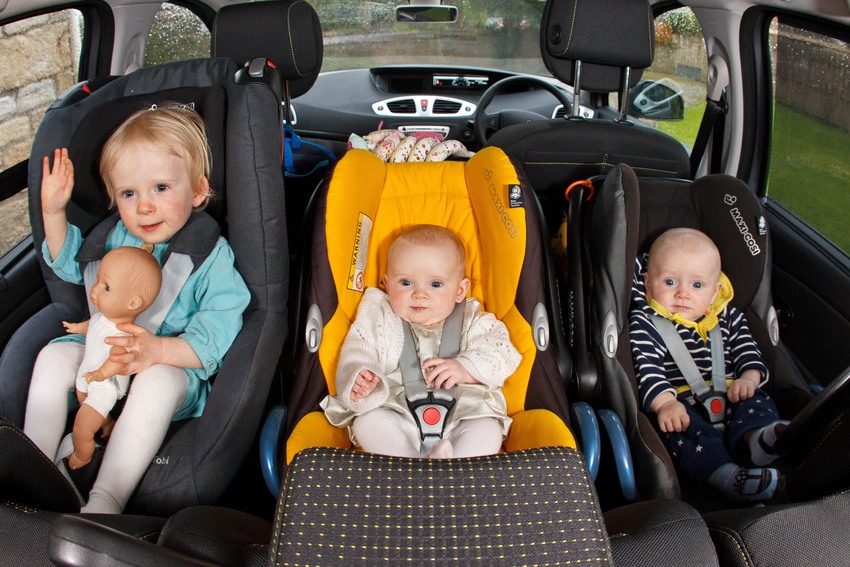Helping kids stay safe when you’re out and about can be challenging, especially when your attention is on other things.
The younger they are, the more likely to be distracted by something. Meanwhile, the older they are, the more likely they are to engage in high-risk behaviour. This can make it difficult to tailor safety guidance and education to both younger and older kids.
But there are a few things you can do to keep your children or grandchildren as safe as possible, reducing the chances of them suffering a personal injury or even a potential crime.
When you’re in the car
If you’re heading somewhere in the car, you need to set the example. Never let them see you take your phone out unless you’re safely stopped and the engine is off. If you need to look up new directions, make sure you’ve pulled over before using your sat nav or phone to find out where you’re going.
This will help them understand the importance of not being distracted when they’re old enough to get behind the wheel themselves.
You’ll also have to make sure you’re always wearing a seatbelt. If you don’t wear one every time you get into a vehicle, how can you expect a child to listen to you when you tell them to put theirs on? This has a huge impact on injury severity if a car accident were to happen.
When you’re out together
When you’re out together, you’re more likely to be able to keep them safe. But it means you need to pay close attention to what they’re up to. If you’re near the water or a road, stay close and don’t let them wander off. And if you’re spending time outside, keep them covered up in the Spanish sun.

Make sure young children know who to approach for help if they get separated from you. Some people are better than others for children to approach when they get lost. Police officers, shop assistants and parents will typically be better choices.
This is when a memorised phone number can come in exceptionally handy! If they’re a little older, set a designated meeting point if you get separated – something big enough for them to recognise.
When they’re alone
When kids are a little younger, if they go out without you, make sure they know your phone number and address off by heart. This is especially important if they’re visiting and don’t know the area particularly well.
Even if they have your number in their phone, make sure they learn it. Phones can always be lost or stolen.
And to help them avoid any potential muggings or pickpocketing, teach them the importance of keeping their valuables out of sight. Help them realise that keeping their phone is more important than liking their friend’s selfie while on the bus.
Keeping kids safe when you’re out and about is often just about keeping a close eye on them. Making sure you’ve prepared them enough to know what to do if things do go wrong is also important, as children – and the situations they find themselves in – can be unpredictable.





